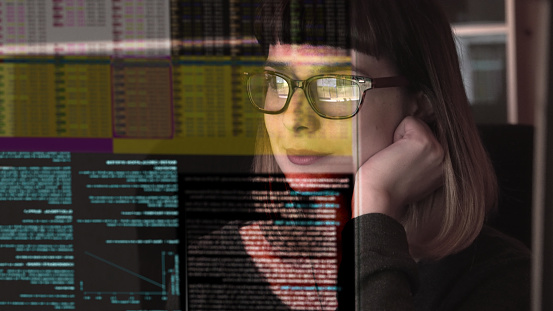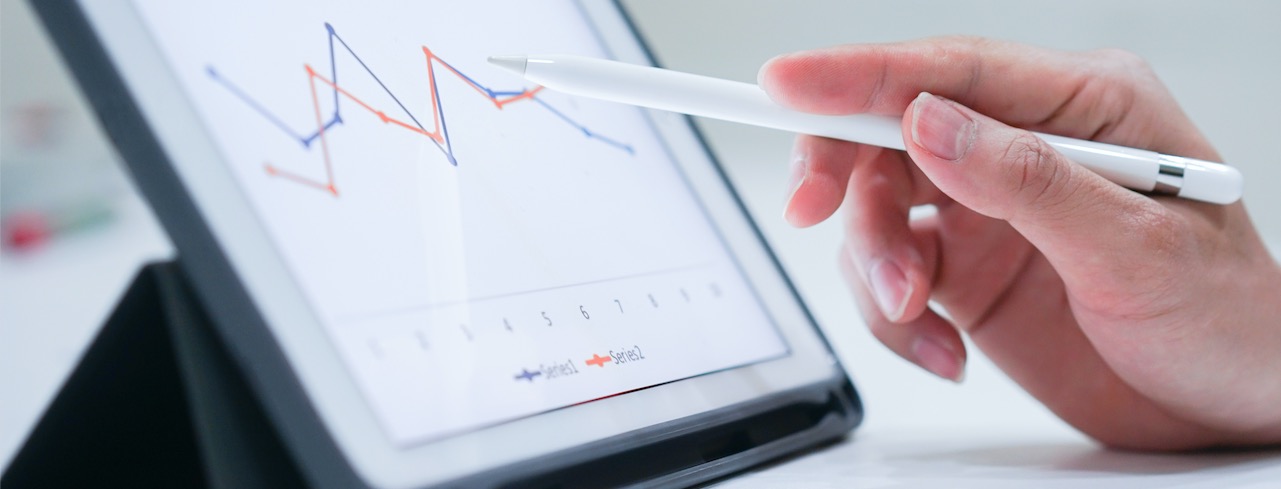RADAR-base mHealth platform
24 March 2021
RADAR-base is an award-winning open source mHealth platform that unlocks the potential of wearable and mobile devices for health data research and individual care. It allows passive and active data collection and can be linked to a range of popular consumer products. The effectiveness and flexibility of the system has made it ideal for major research projects.
All components are available as open source software under an Apache 2 license; see the RADARbase Github repository.
RadarBASE is an open source platform to leverage data from wearables and mobile technologies.
The Challenge
Much patient data is gathered during the relatively brief periods when people interact with health services rather than during daily life. Healthcare research projects, such as clinical trials, often rely on subjective feedback from participants, such as diaries. This leaves huge gaps in data and limits its reliability.
More data, from more people and over longer periods would enable better research and healthcare. Monitoring people when they are healthy, or after treatment, could be critical in prevention or avoiding relapse.
Mobile and wireless technologies offer a way forward through the remote monitoring of large numbers of volunteers, but many mHealth solutions are less than ideal because they are closed source or lack flexibility.

The Solution
RADAR-base (Remote Assessment of Disease And Relapses) has been developed (with HDR UK support) by a team from PhiDataLab including Richard Dobson – an HDR UK associated researcher and Professor of Health Informatics at KCL and UCL. It enables the seamless integration of data streams from various wearables (including Fitbit and Garmin devices) to collect sensor data in real-time for retrospective analysis. Additionally, it supports integration with third-party apps.
Passive data collection allows monitoring of movement, location, audio, calls and texts and app usage. Active data collection gives the opportunity to ask questions. The data is objective and can be collected round the clock.
Information on things like sleep patterns, heart rate and even social activity can potentially be used as biomarkers for anything from stress to depression. One example is that tracking symptoms related to fatigue may be important in understanding conditions such as Long COVID. If someone is ill, data can be gathered at every moment of the disease continuum. Healthy people can be monitored for risk.
Impact and outcomes
RADAR-base has been used in national and international research projects including:
- Remotely monitoring early Alzheimer’s disease.
- Remote monitoring in Long Covid
- Seizure monitoring in epilepsy patients.
- Data collection to supplement clinical measurements in atrial fibrillation.
- Autism treatment
- Remote monitoring for stress related mental health issues.
- Remote monitoring in paediatric respiratory conditions.
Open source commitment
The platform was released under an Apache-2 license as RADAR-base (radar-base.org) in 2017. No other open-source platforms offer the same feature set with smartphones and wearable sensors, are operating system agnostic, scalable, dynamic and real-time.
Prof. Dobson says the RADAR-base team aims to encourage public trust in, and adoption of, digital biomarkers while stimulating innovation. They believe the platform can promote further innovation and stimulate wide adoption.
Recognition of RADAR-base
RADAR-base won the Best of Show award, for the most innovative life science industry product solution, at the Bio-IT World Conference 2018.
- See https://radar-base.org.
- Contact Prof. Dobson at j.dobson@kcl.ac.uk.


